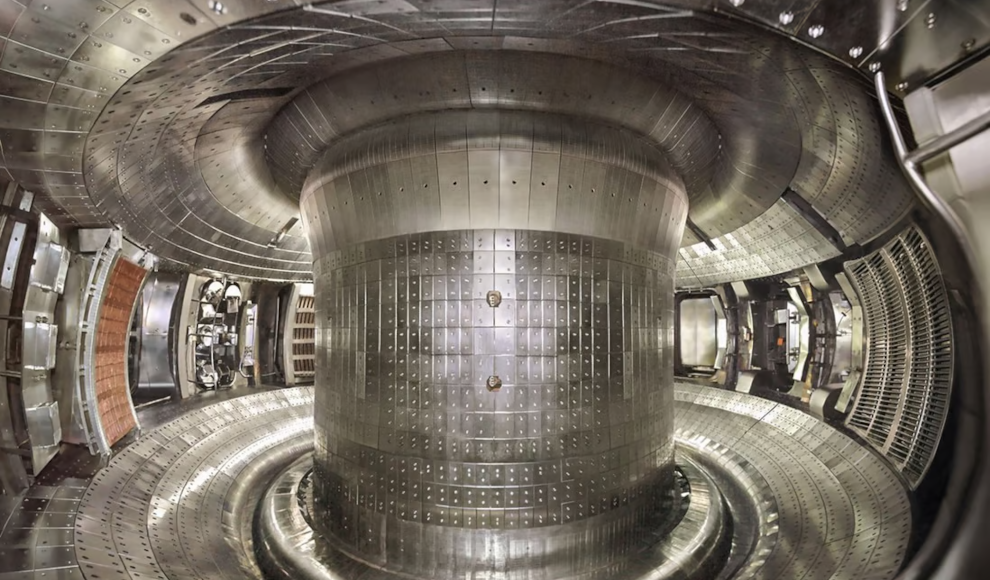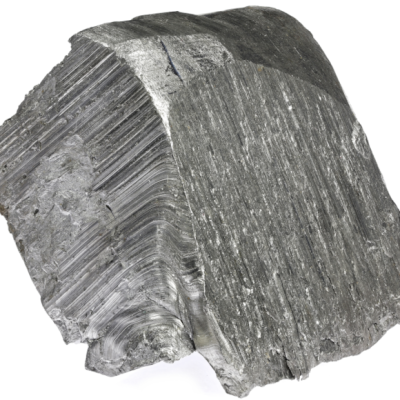China’s Experimental Advanced Superconducting Tokamak (EAST), also known as the “artificial sun,” has set a new record for sustaining plasma at a temperature of 100 million degrees Celsius. The institute behind the project, the Institute of Plasma Physics at the Chinese Academy of Sciences, has conducted over 100,000 experiments with EAST, achieving several milestones along the way. In 2007, the reactor sustained plasma at 50 million degrees Celsius for 101 seconds, while in 2021, it held plasma at 70 million degrees Celsius for 17 minutes. The latest breakthrough was achieved using a high-confinement mode, which allowed the plasma’s temperature and density to increase significantly.
According to Song Yuntao, the director of the Institute of Plasma Physics, the research conducted with EAST is crucial in improving the technical and economic feasibility of fusion reactors, which will form the basis for future electricity production in fusion power plants. Despite EAST’s regular record-breaking performances, China is already planning its successor, the China Fusion Engineering Test Reactor (CFETR), which will be the world’s first fusion energy demonstrator. The CFETR is expected to be completed by 2035, with a maximum output of two gigawatts, surpassing the largest nuclear power plant in China, which has a capacity of 1.75 GW.
The EAST project is a significant milestone in China’s efforts to develop fusion energy, which is considered a clean and virtually limitless source of energy. The country has invested heavily in fusion research, with the aim of becoming a world leader in the field. The success of EAST and the planned construction of the CFETR demonstrate China’s commitment to developing fusion energy and its potential to revolutionize the energy industry. As the world faces the challenges of climate change and the need for sustainable energy sources, the development of fusion energy could play a crucial role in meeting these challenges.










